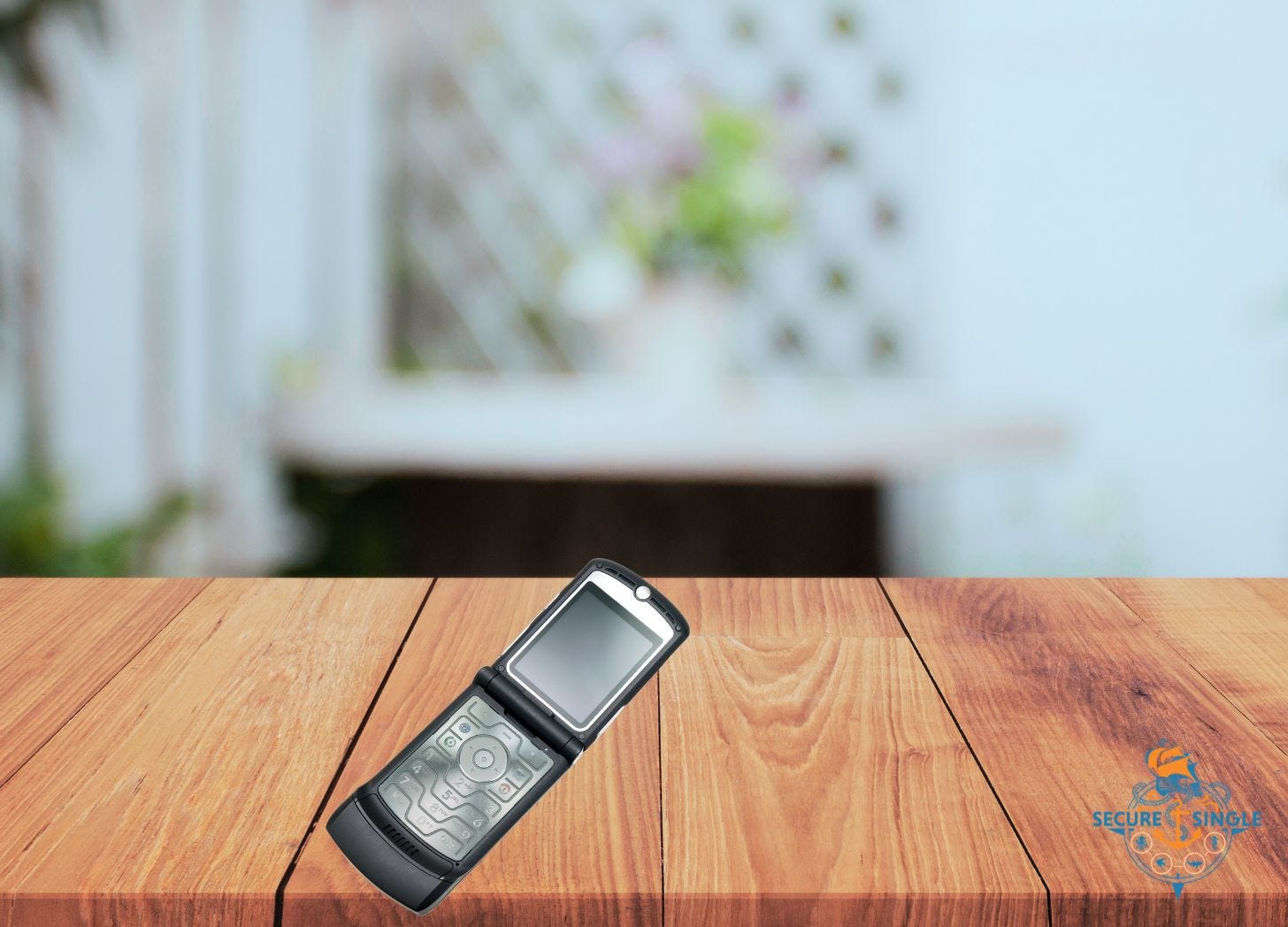Slash Your Expenses By 30% With These 23 Easy Tips
How could cutting your expenses by thirty-percent help you? Here are twenty-three tips to help put money back into your bank account.
How could slashing your expenses help you? Here are twenty-three strategies to help cut your costs by thirty percent!
Get Out Of Debt
One of the best ways to begin cutting costs associated with living costs is to get out of debt. A specific portion of the money that could be saved or help to reduce living costs is dedicated to paying off debt:
Credit cards
Car loans
Student loans
Getting out of debt should be the priority if you are in debt.
Spend Less Than 30% Of Your Monthly Income On Rent Or A Mortgage
One of the best ways to drastically reduce your cost of living is to review how much you pay on your rent or mortgage. Many different financial rules cover how to buy a house. They all have in common that they recommend never spending more than thirty percent of your income on a mortgage. The same is true for rent.
Stop Ordering Food Delivery
Food delivery is expensive. The cost of the convenience quickly adds up each time you order from a food delivery service. Food delivery services attach extra fees and rates for using their services. They are not always transparent about what all of those fees are. Of course, always include a tip for the final cost.
While still in college, I delivered for Grubhub while applying for jobs online. The amount of money some people would spend on a single delivery was shocking! Then, the fun part was figuring out where to park in certain parts of Denver, Colorado, and deliver the food to customers in apartments or business offices.
Stop Dining Out
Reduce the amount of money spent dining out. The cost of dining out continues to rise due to inflation. There is the cost of the food, drinks, and the tip for service.
Reduce How Much You Spend On Alcohol
Alcohol adds up quickly. That is true for both going out to bars and buying alcohol at liquor stores. The simplest way to reduce the amount you spend on alcohol is to drink less, drink only at social events, or stop drinking altogether.
By following a budget, you can know how much is spent every month on alcohol. Even if the amount of alcohol is reduced by fifty percent, that is an extra fifty percent of your income that could be saved or invested in the stock market.
Stop Going Out With Co-workers And Friends
Get together with your friends at each other’s places rather than always going out for drinks or to eat. Socializing is expensive. There is no reason to spend time with people you may not like very much.
If you need to go out, please be intentional about it. Use it as an opportunity to network and for experiences.
Learn To Cook
Learning to cook is a great way to reduce the cost of going out to eat. It can also be fun! It allows you to tailor meals around your preferences. Cooking enables you to monitor portions better.
Take Care Of Yourself
Take care of yourself. While medical and health professions can be beneficial, the cost of going to the hospital and seeing a doctor for everything quickly adds up.
Take care of yourself by losing weight. Eat a healthy diet. Regularly exercise and get outside.
Start A Financial Diet
Go on a financial diet. Instead of going on a diet to lose fifteen or twenty pounds, go on a diet to reduce your monthly spending by $200 or more a month. How could that extra cash going into your savings help you?
Stop Upgrading All Your Tech
Technology has infiltrated all parts of our lives. People think they must have the biggest televisions. The latest laptop or phone with the newest tech.
In reality, a person may never use the better camera enough or another tech feature to justify the price of having the latest technology. It is more a move to show that you are tech-savvy… even if you are not.
There is nothing wrong with having a computer or a phone that is a few years old. There is nothing wrong with having a flip phone. The apps, updates, and notifications may be more distracting than beneficial.
Reduce The Amount Of Stuff You Have
How many things do you have that you have only used a handful of times? You could live with less stuff. Get rid of the things that you do not use. Give them away or sell them. Be more conscious about the things that you buy in the future.
You may be surprised that there is no reason to have lots of stuff. Live a simple life with less stuff.
Stop Wasting Food
Food that is thrown out is wasted money. Learn to freeze food. Eat the leftovers. Find creative ways to use leftovers in recipes and meals.
Shop Around For Car Insurance
There is nothing wrong with shopping around for car insurance. Look around for less expensive car insurance. Even if you save $10 a month by switching, that is an extra $120 saved each year just by changing car insurance.
Ditch Cable
Ditch cable. Ditch Netflix. Ditch Amazon Prime Video. Ditch television, movies, and streaming services and discover how much time you have to better yourself while helping your bank account.
Cancel Subscriptions You Don’t Use
Cancel subscriptions you do not use. Many people may not know all of the subscriptions that they have. Put the money back into your pocket by ending subscriptions that you no longer use.
Minimize Entertainment
Minimize the amount spent on entertainment by going to movie theaters, entertainment streaming services, and general. If it is not costing you money, it is costing you valuable time.
Rarely Or Never Attend Concerts
Concerts are fun, but they can be expensive. There is the cost of the ticket. There are then ticket fees. Upon arriving at the concert, spending hundreds of dollars on concert merchandise, drinks, and food is easy.
Buy Used Instead Of New
Buy a house, car, technology, cars, and clothes used instead of new. While it may seem nice to buy something new, there often are only minor updates. There is nothing wrong with buying things used when they are still in good condition. Instead of buying the latest smartphone, purchase a model from a few years ago.
Stop Leasing Cars
Americans pay an average of $726 to lease a new car each month. Cars lose value immediately after they are driven off the lot. Buy a used car instead of a new car. Buy it with cash.
What could you do with an extra $8,712 each year? That could go toward paying debt, investing in the stock market, or investing in your venture.
Downsize Your House Or Apartment
Many people have bought the idea that bigger equals better. Do you need a house that is two thousand square feet or more if you will be the only person living in it? Why not downsize?
Live a simple life in a few hundred square feet to the lower end of one thousand square feet. Many houses’ garages, rooms, and attics become the place to store things that are rarely used.
Seek Validation From Yourself, Not Others
Stop seeking validation from other people. It could be acquaintances, friends, or family. There is no reason to spend money to please other people. In all likelihood, the people you are currently friends with will not be in touch with you a decade from now.
I have not kept in touch with friends from high school or college. Yet, I gave up much of my valuable time with some of those people. Recognize that most people are temporary in your life. The only person who is consistent throughout it is you.
Stop focusing on others. Invest in yourself!
Keep Your Thermostat Low
Lower the thermostat. The average energy bill in the United States is $1,409.52, according to iPropertyManagerment. The U.S. Department of Energy writes, “You can save as much as 10% a year on heating and cooling by simply turning your thermostat back 7°-10°F for 8 hours a day from its normal setting.” That is nearly $150 a year saved just by deciding to lower your thermostat.
Understand Needs Versus Wants
Learn to understand needs versus wants. Do you need that, or do you want it? The basic needs that people have are:
Housing
Utilities
Transportation
Insurance
Food
Anything beyond that is a need. Most of the things that are included on this list are wants. You could go without them and still live.
Move To A Less Expensive State Or Country (Bonus!)
Consider moving to a less expensive state or country with a lower cost of living. Moving sucks. Save more money over the long term could be a short-term cost of moving to a place with a lower cost of living.
Moving to a less expensive country could be worth it if you can work remotely or own an online business. At the very least, a second passport and residency increase mobility and freedom. Enjoy a higher standard of living in another country while the dollar remains the reserve currency.
Secure Single’s Algorithm recommends:
Supercharge Your Life: Explore The 17 Benefits Of Planning Ahead
The Surprising Link Between Self-Discipline And Personal Finance
Summary
You do not need to become a minimalist. Be aware of where each dollar is going. Wisely manage your money. Stop wasting money and instead begin to use money as the tool that it is.
Become a secure single.
What is another strategy to cut your expenses?
👉 If you enjoy this post, consider sharing it with friends! Or feel free to click the ❤️ button so more people can find it on Substack! Or, do both! 🙏







